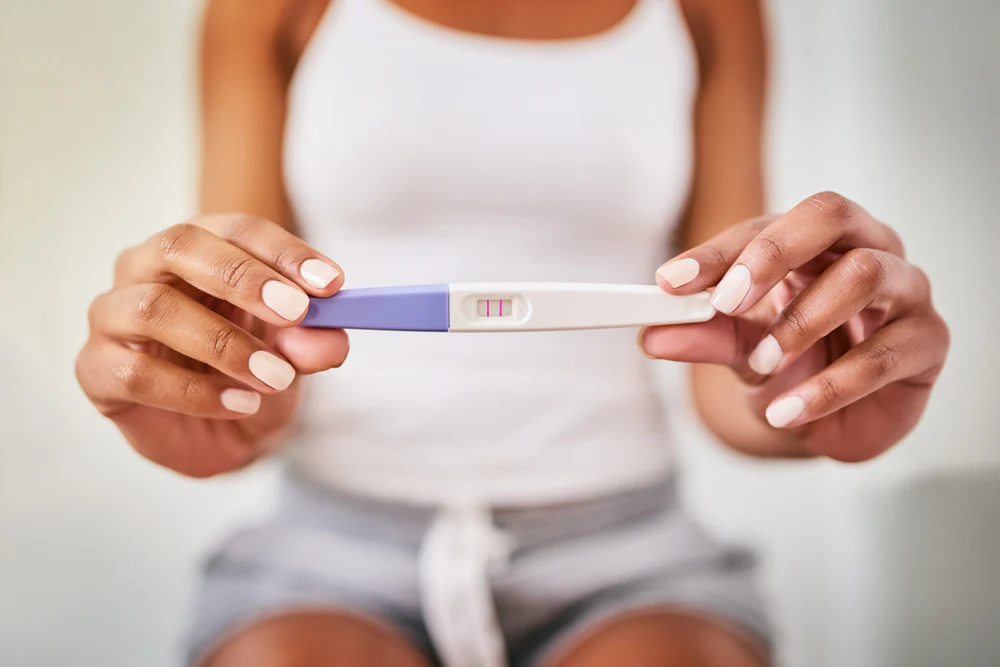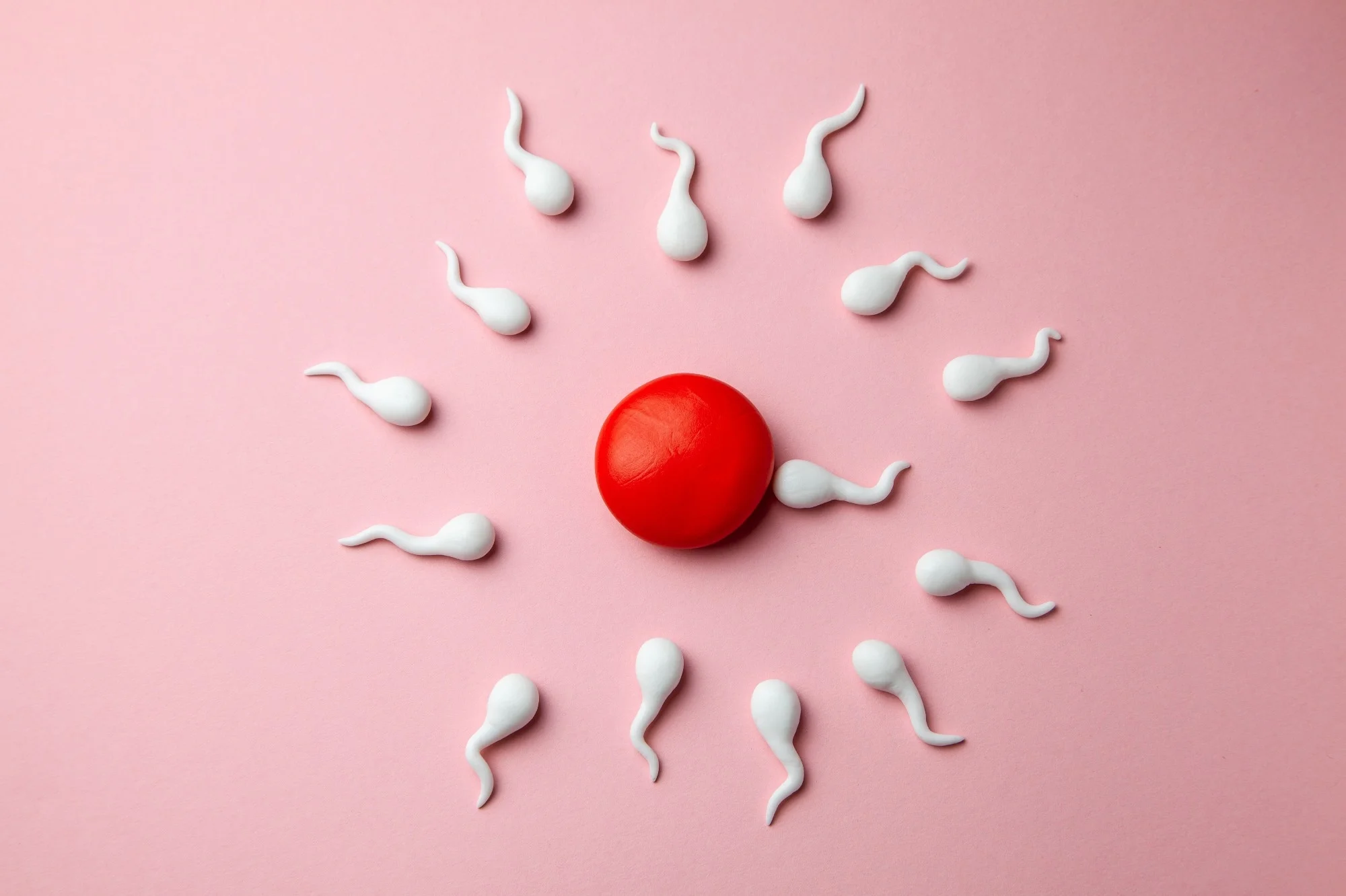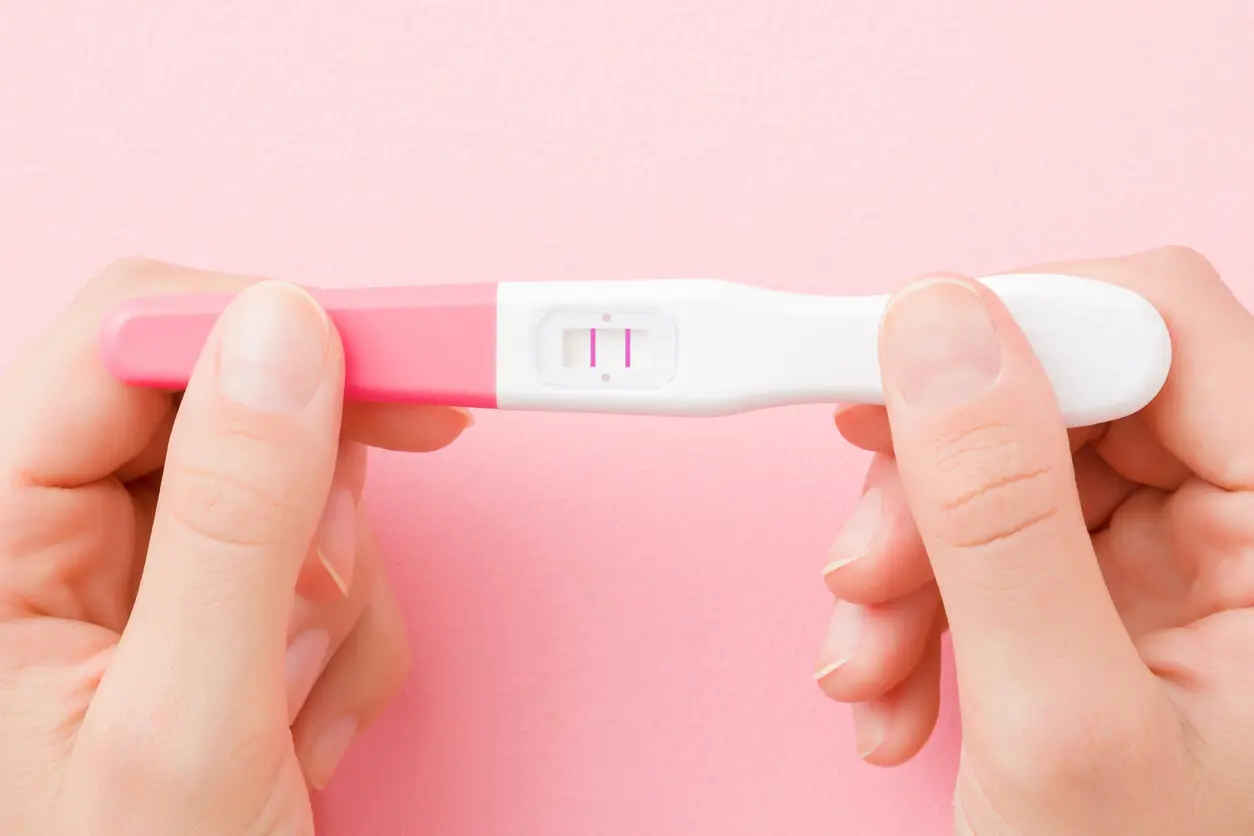SensIQ, created by neurologists like Dr. Luke Barr, supports women through perimenopause and menopause with proven methods. A common question is: Can a perimenopausal woman get pregnant? The answer is yes. While the chance of getting pregnant is lower than in earlier reproductive years, ovulation can still happen. Knowing how fertility changes during the menopausal transition can help you make clear choices about health, family, and treatment.
Key Takeaways
- A perimenopausal woman can still get pregnant because ovulation may occur until menopause is confirmed after 12 months without a period.
- Pregnancy chances drop with age, but natural conception, assisted reproduction, and IVF with donor eggs remain possible in certain cases.
- Symptoms of pregnancy and perimenopause often overlap, making timely testing and medical evaluation important for accurate diagnosis.
- Later-age pregnancies carry higher risks, including high blood pressure, diabetes, and other health conditions, requiring close medical care.
- Using birth control during perimenopause is recommended if pregnancy is not desired, as ovulation can happen without warning.
Chances of Pregnancy During Perimenopause
Even if menstrual periods are irregular, the ovaries can still be releasing an egg. You can get pregnant until you have gone 12 full months without a period for 12 months — the mark of menopause. During perimenopause, changes in hormone level can make ovulation hard to predict. That is why doctors advise birth control if you do not want a pregnancy.
How to Get Pregnant During Perimenopause Naturally
Pregnancy is possible if you ovulate. To improve your odds:
- Track your cycle and watch for signs like breast tenderness or changes in vaginal dryness.
- Stay at a healthy weight and treat health conditions that can affect fertility.
- Have sex during your fertile days.
- If you want to have a baby in perimenopause, talk to a fertility doctor early to learn your best options.
Can a Premenopausal Woman Get Pregnant?
Yes. “Premenopausal” means you still have regular menstrual periods. Fertility is usually higher than in perimenopause. Can you get pregnant while premenopausal? Yes — if you still ovulate, pregnancy is possible.
Pregnancy at 50 — Possibility and Likelihood
The likelihood of getting pregnant at 50 without help is very low because the egg supply is small. Still, it can happen. Many pregnancies at this age use medical treatments.
55 and Still Having Periods—Pregnancy?
If you are still having periods at 55, pregnancy is very rare, but it can happen. The ovaries may still be releasing an egg. Many ask, still having periods at 55, can I get pregnant? The answer is yes, but the risk of problems is higher.
Can You Get Pregnant During Perimenopause Without a Period?
Yes. You can ovulate before a period starts again. That means you can get pregnant without knowing you were fertile. Stopping birth control too soon can lead to an unplanned pregnancy.
Common Myths and Facts About Perimenopause and Pregnancy
- Myth: No period for a few months means you cannot get pregnant.
- Fact: Only 12 months without a period means menopause.
- Myth: Hot flashes and night sweats mean your fertility is gone.
- Fact: You can still ovulate while having these symptoms.
Recognizing Pregnancy and Perimenopause Symptoms

How Can You Tell if You Are Pregnant During Perimenopause?
Pregnancy signs and perimenopausal symptoms can be alike. Nausea, tiredness, and mood swings happen in both. A test and a visit to your doctor can confirm pregnancy.
Feeling Pregnant During Perimenopause
Some women feel pregnant during perimenopause because of bloating, sore breasts, and tiredness caused by hormone level shifts.
Pregnancy Symptoms at 47 and 50 — Key Differences
At these ages, vaginal dryness or odd bleeding can hide pregnancy. The risk of problems is higher, so see a doctor early if you suspect pregnancy.
Symptoms of Ovulation During Perimenopause
- Mild pain or cramps in the belly
- More cervical mucus
- Higher sex drive
- Tracking these signs can help you know your fertile days.
What Are the 34 Symptoms of Perimenopause?
These include irregular periods, hot flashes and night sweats, mood swings, trouble sleeping, and changes in weight, skin, or hair.
Severe Perimenopause Symptoms and Relief
Strong symptoms like bad insomnia or anxiety may need care. Good habits, medical help, and targeted supplements can improve how you feel. SensIQ programs support brain and mood health during this stage.
Fertility Factors and Treatment Options

Do You Still Ovulate in Perimenopause and Why It Happens
Yes, but less often. Hormone changes can cause ovulation to happen at odd times until the ovaries stop releasing an egg.
Does Perimenopause Mean No More Eggs?
No. You still have some eggs until menopause. This means pregnancy can still happen.
Signs You’re Still Fertile
- Positive ovulation test
- Cycles that are regular or happen now and then
- Perimenopausal symptom patterns that match ovulation
Can You Get Pregnant During Perimenopause With IVF?
Yes. IVF with donor eggs can raise your odds if you are leading up to menopause.
Fertility Treatments and Success Rates
Options include ovulation medicines, insemination, and IVF. Success rates drop with age, but treatment can help if a natural pregnancy is hard to achieve.
Natural Conception vs. Assisted Conception
Natural conception happens through timing sex with ovulation. Assisted methods use medical tools to help eggs and sperm meet or improve implantation.
What Stage of Perimenopause Am I In?
Early stage: periods are still regular with light symptoms.
Late stage: periods are irregular with more hot flashes and night sweats.
Risks and Medical Guidance
Pregnancy After Age 50: Facts and Risks
Pregnancy later in life has an increased risk of high blood pressure, diabetes, and other health conditions. It also increases your risk of a C-section.
When to See a Doctor
See a doctor if you think you may be pregnant, your menstrual periods are very irregular, or you have pain or heavy bleeding.
How Long to Try Before Seeking Help
If you are over 40, get a fertility check after 6 months of trying. In perimenopause, see a doctor sooner.
Find Your Formula — Take the Free Quiz Now
If you want to stay sharp, sleep better, and balance your mood during perimenopause, SensIQ can help. Dr. Luke Barr and his team created personalized programs to fit your needs during the menopausal transition.

